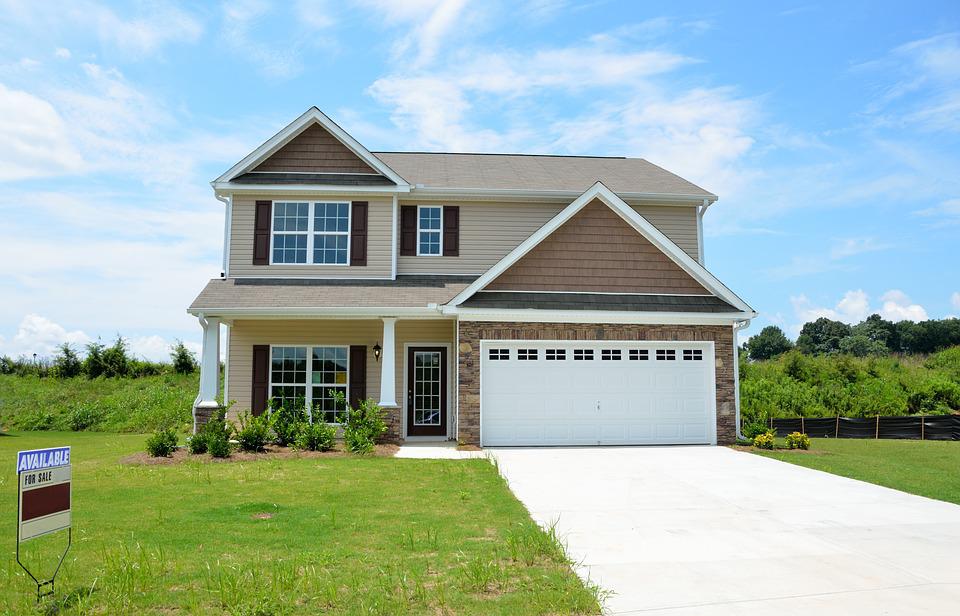First Time Purchasing a New Home or Land

Purchasing your first home or a piece of land is a significant life event that involves careful planning, financial preparation, and understanding of the real estate process.
1. Understanding the Difference: Home vs. Land
New Home Purchase:
This typically refers to buying a newly constructed house, often in a development. You're buying a completed structure and the land it sits on. The process involves dealing with a builder, understanding warranties, and sometimes selecting finishes.
Land Purchase:
This involves buying undeveloped land. The intention might be to build a custom home later, use it for investment, or for recreational purposes. This process is different as it doesn't involve an existing structure and has unique considerations like zoning, utility access, and surveys.
2. First-Time Home Buyer's Guide (New Construction)
The process for a new construction home is similar to buying an existing home but with specific nuances:
Financial Preparation:
- Credit Score: A strong credit score (typically 620+ for conventional loans) is crucial for favorable mortgage terms.
- Down Payment & Savings: Determine how much you can afford for a down payment (can be as low as 3-5% for some loans, but 20% avoids private mortgage insurance (PMI)). Also, save for closing costs (2-5% of the loan amount), moving expenses, and an emergency fund.
- Pre-Approval: Get pre-approved for a mortgage before you start looking. This confirms your budget and shows builders/sellers you are a serious buyer.
Finding a Property:
- Research Builders: Look into reputable builders in your desired area. Check reviews, past projects, and their financial stability.
- Location: Consider commute times, schools, local amenities, and future development plans.
- New Home Communities: Visit model homes, understand different floor plans, and inquire about included features versus upgrades.
The Buying Process:
- Use Your Own Agent: Even with a builder's sales team, it's highly advisable to have your own real estate agent who represents your interests. They can help negotiate, review contracts, and ensure you're aware of all terms.
- Builder Contracts: New home contracts can be complex and are often builder-friendly. Your agent and a real estate attorney can help you understand all clauses, warranties, and timelines.
- Inspections: Even for a new home, hire an independent inspector at key stages (e.g., pre-drywall, final walkthrough) to catch any potential issues before they become harder to fix.
- Warranties: Understand the builder's warranty (typically 1-year on workmanship, 2-year on systems, 10-year on structural) and what it covers.
Financing a New Build:
Some builders have preferred lenders, but you are not obligated to use them. Shop around for the best mortgage rates and terms.
Walkthroughs & Closing:
Participate in all scheduled walkthroughs with the builder to identify and address any defects. The closing process will finalize the sale and transfer ownership.
3. First-Time Land Buyer's Guide
Purchasing raw land involves different considerations than buying a developed property:
Define Your Purpose:
What do you intend to do with the land? Build a home, use it for recreation, or invest? Your purpose will dictate what type of land you need.
Location & Zoning:
- Zoning Laws: Crucially, understand the local zoning regulations. These dictate what can be built on the land (e.g., residential, commercial, agricultural), minimum lot sizes, setbacks, and building heights. This is the single most important factor for land.
- Location & Access: Consider road access, proximity to services, and the overall community.
Due Diligence (Crucial for Land):
- Survey: Get a professional land survey to confirm boundaries and identify any easements or encroachments.
- Percolation Test (Perk Test): If there's no municipal sewer system, you'll need a perk test to determine if the soil can support a septic system.
- Utilities: Verify the availability and cost of connecting to essential utilities (water, sewer/septic, electricity, gas, internet). Extending utilities can be very expensive.
- Environmental Assessment: Check for potential environmental concerns like wetlands, flood zones, hazardous materials, or protected species.
- Topography & Soil: Understand the terrain (flat, sloped), drainage patterns, and soil stability, which can impact building costs.
- Deed Restrictions/Covenants: Some land parcels have restrictions on what can be built or how the land can be used, even if local zoning allows it.
Financing Land:
- Land Loans: Financing raw land can be more challenging than a home. Banks often require larger down payments and offer shorter loan terms for land loans.
- Construction Loans: If you plan to build immediately, you might get a construction loan that converts into a mortgage once the home is complete.
Real Estate Agent:
Work with an agent who specializes in land sales, as they have different expertise than residential agents.
General Advice for First-Time Buyers:
- Seek Professional Advice: Work with a trusted real estate agent, mortgage lender, real estate attorney, and home inspector.
- Do Your Research: Understand the local market conditions, property values, and trends.
- Be Patient: The process can take time. Don't rush into a decision.
- Read Everything: Carefully read all contracts, disclosures, and legal documents before signing.
- Budget for Unexpected Costs: Always have a contingency fund for unforeseen expenses that may arise during or after the purchase.
For specific resources related to buying in Massachusetts or Boston, you would typically look for local real estate agencies, mortgage brokers, and government housing departments.
Published 7/13/25